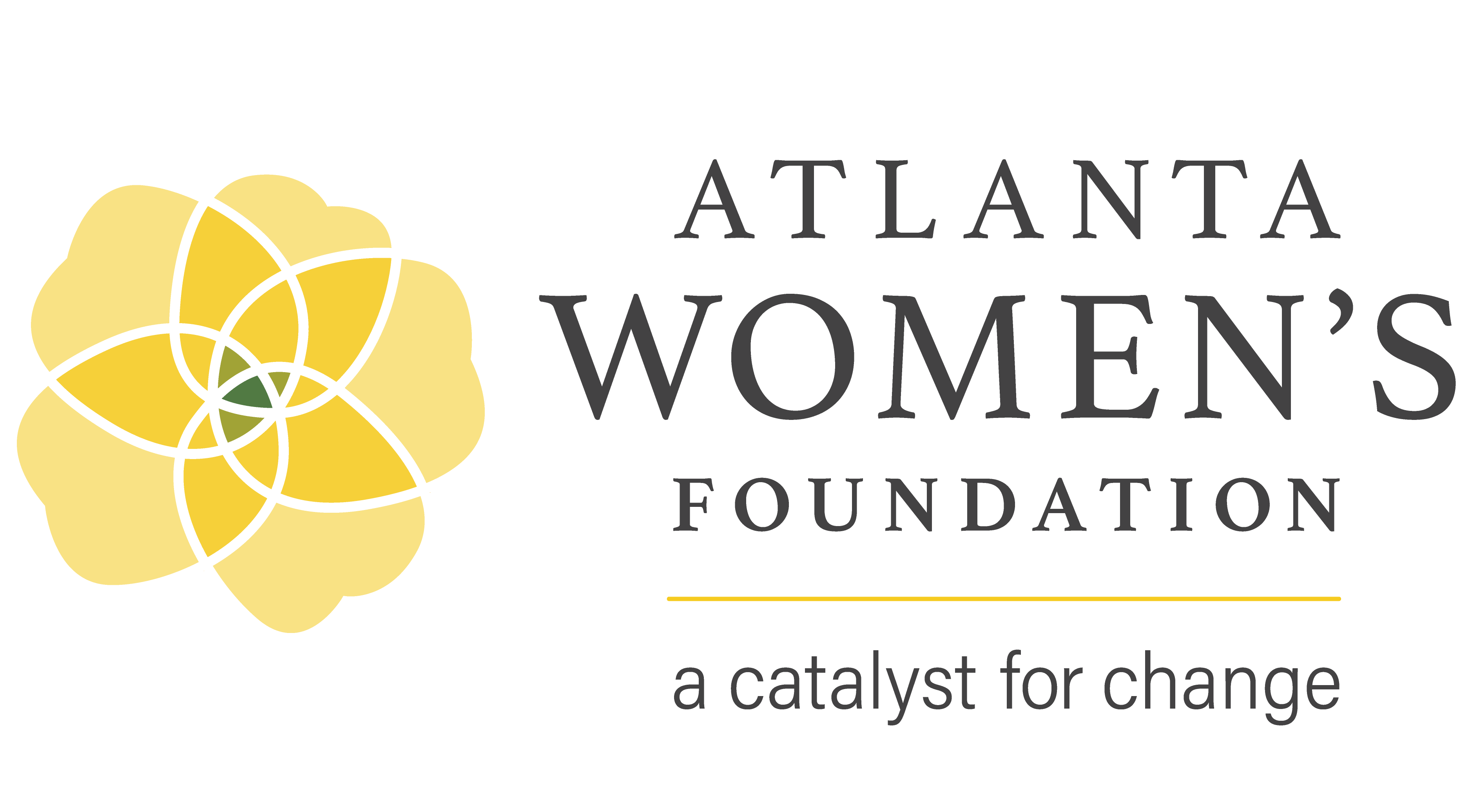Increasing Access To Child Care Helps Georgia’s Women and The State’s Economy
At The Atlanta Women’s Foundation, we know that advocacy is one of the most effective ways to combat the sort of interrelated root causes of social problems and systemic factors that are detailed in our Breaking the Cycle of Generational Poverty in Metro Atlanta research findings. Recently, AWF formed a Public Policy & Community Education Committee charged with fostering legislative and public action that will support the elimination of generational poverty among women and girls. Based on AWF’s community needs assessment of more than 200 direct service providers; findings from our own research; and the Georgia Budget & Policy Institute’s Recovery or Bust Policy Report; we determined that child care is a primary barrier to moving women out of poverty and into economic self-sufficiency.
AWF contacted nonprofits that are knowledgeable about child care issues impacting low-income women to learn more about the issue and what AWF can do to have impact in the area without duplicating what is already being done. Information was obtained from: GEEARS; Quality Care for Children; The Real Talk: Stand Up for Parents Initiative; Georgia Budget & Policy Institute; Georgia Association on Young Children; Voices for Georgia’s Children; The Zero-Three Policy Center and others. What we learned from those discussions is that we needed to see if there was an economic case to be made for increasing child care subsidies – and there is!
Through our funding of GBPI’s Child Care Assistance: Georgia’s Opportunity to Bolster Working Families, Economy report, we determined that, if Georgia directs more money to increase child care subsidies, the state’s workforce will be strengthened and the economy improved. Increased access to childcare will allow parents to contribute more to the workforce and their own finances through fewer child care-related disruptions such as missed days and lost overtime; an ability to earn more to support their families; stay employed longer and at higher rates; and use less public assistance. In one scenario, it was determined that an unemployed single mother of two who had an annual cost to the government of $9,384 could actually save the government more than $6,000 per year if she receives child care subsidies that enable her to work full time.
What we learned through this study supports the work being done by AWF which is about removing barriers that are holding women back and in a cycle of poverty. We fund programs that help women and girls obtain higher education levels and job training that include wrap around services that take into account the multitude of daily barriers that women in poverty face. We know the women and girls of Atlanta can be successful if given the chance to access those opportunities without being fettered by those poverty-related barriers. We can break cycles and help build women into the successful people they can be – it is the right thing to do for our fellow citizens and, it turns out, for our economy.
(Originally postsed March 23, 2015, Beyond the Numbers: Georgia Budget and Policy Institute posts)
